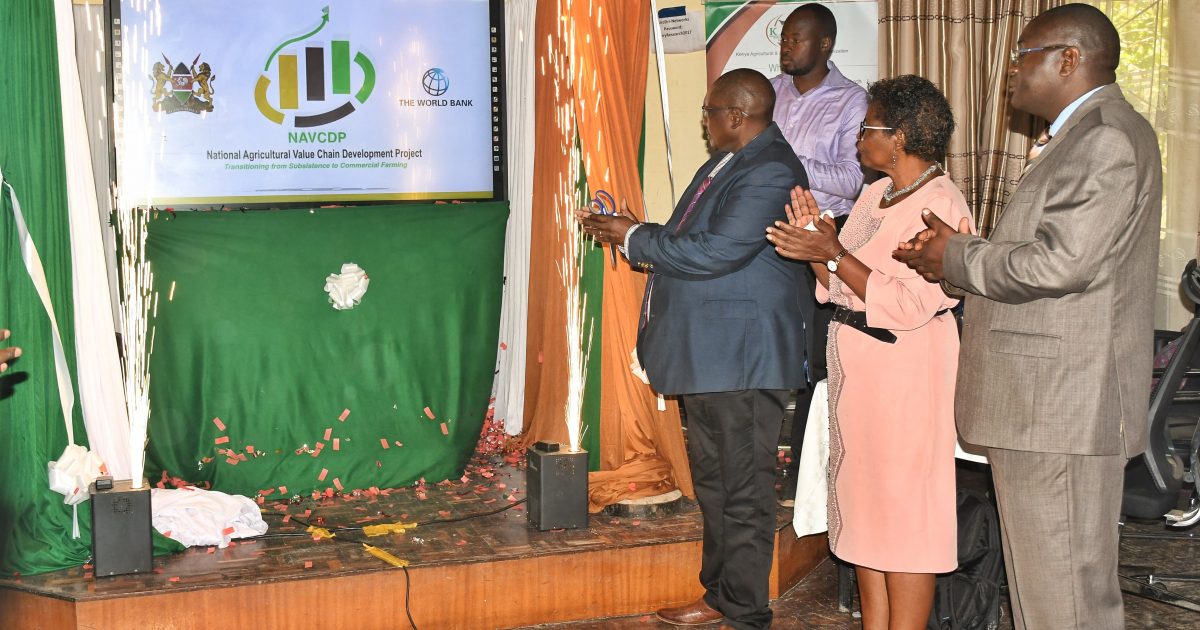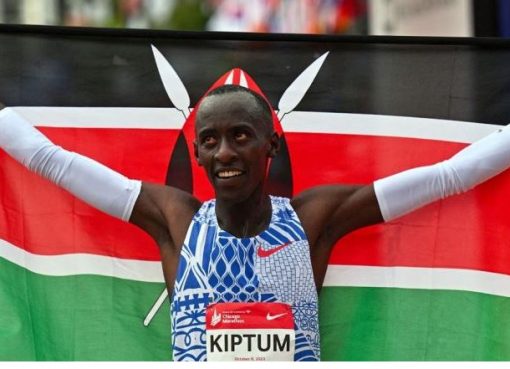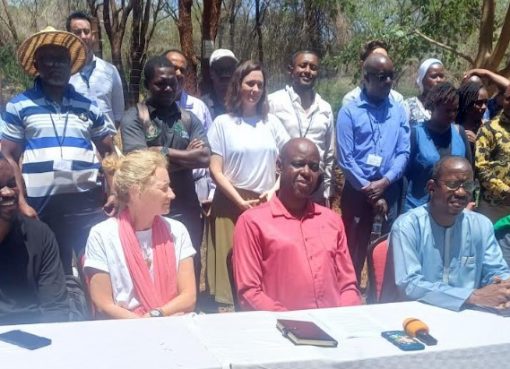Kenya Agriculture and Livestock Research Organisation (KALRO) has launched a five-year National Agricultural Value Chain Development Project (NAVCPD) in a bid to improve food security in the country.
The project is being funded by KALRO, World Bank and other partners where the research body will put in Sh.3.5billion in the five years.
It will be undertaken in 33 counties that are expected to pump in about Sh20 billion in those five years.
Speaking to the media during the launch of the project at KALRO station in Naivasha on Monday, Director General (DG) Dr Eliud Kireger said the project is aimed at transforming the agricultural sector by focusing on smallholder farmers by helping them to transition from subsidence to commercial farming through value addition.
“KALRO will tap into technology that will help relay crucial information to farmers regarding markets, agro-weather patterns, provide planting materials and quality breeds for livestock, among others,” Dr Kireger said, adding that in poultry for instance, they have an improved ‘Kienyeji’ breed which will help smallholder farmers to improve their meat and egg production.
He noted that they started last year by training the farmers and registering them in their system and have so far registered five million small- holder farmers but the research body intends to reach as many farmers as possible around the country.
“This registration will enable us pass information to the farmers in real time in order to make the project successful,” the DG said.
In the same breath, he urged farmers especially in the North Rift who have started harvesting their maize to hasten the process and dry the grain before the predicted El-Niño rains sets in in October.
Speaking during the function, KALRO Deputy Director General for Crops and Research Dr Felista Makini said KALRO the overseer of the project will help enhance the value addition of the targeted value chains through processing and at same time provide market linkages to enable farmers to earn more from their labour and improve livelihoods.
“Most smallholder farmers in the rural areas are women who will also improve their families` food security and nutrition status and putting them together in groups and providing market-linkages to them will motivate them to produce more,” Dr Makini stated.

She also noted that the commercialisation of farming and market linkages of farm produce will help reduce imports while growing export earnings for the country and are working with various licensed seed processors to ensure sufficient quality planting materials for the farmers.
In the programme, KALRO will also provide farmers with climate-resilience-certified seeds and science-improved livestock breeds that will help boost productivity per unit.
The Project’s overall Development Objective is to increase market participation and value addition for targeted farmers in select value chains across 33 implementing Counties.
It has 16 priority value chains that are aligned to the National priorities under the Bottom-up Economic Transformation Agenda (BETA) of the Government. These include dairy, chicken, apiculture, coffee, cotton, pyrethrum, cashew nuts, avocado, mango, banana, potato, tomato, rice, green gram, garden pea and local vegetables.
The value chains support the pillars of Food and Nutrition Security, Growing Exports and Reducing Imports respectively.
They are also expected to increase services to farmers by offering farmer-specific data, rich analytics, and streamlined service delivery through sharing relevant agro weather information and market information with the farmers by leveraging analytics and reporting.
By Mabel Keya-Shikuku





